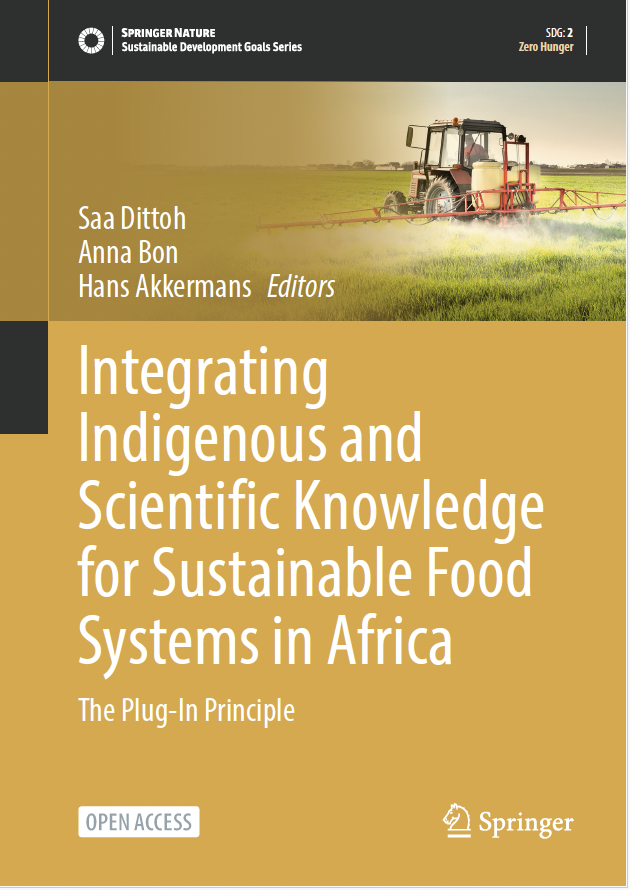Pangea participated in the research and publication of a new educational resource, that addresses the United Nations Sustainable Development Goals (SDG), with a strong focus on Global Citizenship.

This open access book presents a novel approach to food security research (SDG-2 Zero Hunger) by integrating indigenous and scientific knowledge. Through extensive field-based research in Burkina Faso, Ghana, Kenya, Mali, and South Africa, it explores the impact of merging traditional practices and local knowledge with scientific methods.
The Plug-In Principle advocates that advancements in science and technology should enhance rather than replace existing indigenous knowledge. This principle emerged from the failures of many development interventions where attempts at replacement often led to challenges and failures. In agriculture, for instance, interventions in mechanization, soil amendments, seed and breed improvements, and extension services have seldom succeeded due to a lack of integration with existing practices.
Development workers, policymakers, researchers, students, and donor agencies in agriculture and other development areas will find this volume invaluable. Additionally, scholars focused on decolonization and indigenous knowledge in the Global South will uncover insightful case studies and analyses.
Download this Open Access book free of costs at Springer Nature.


Leave a Reply